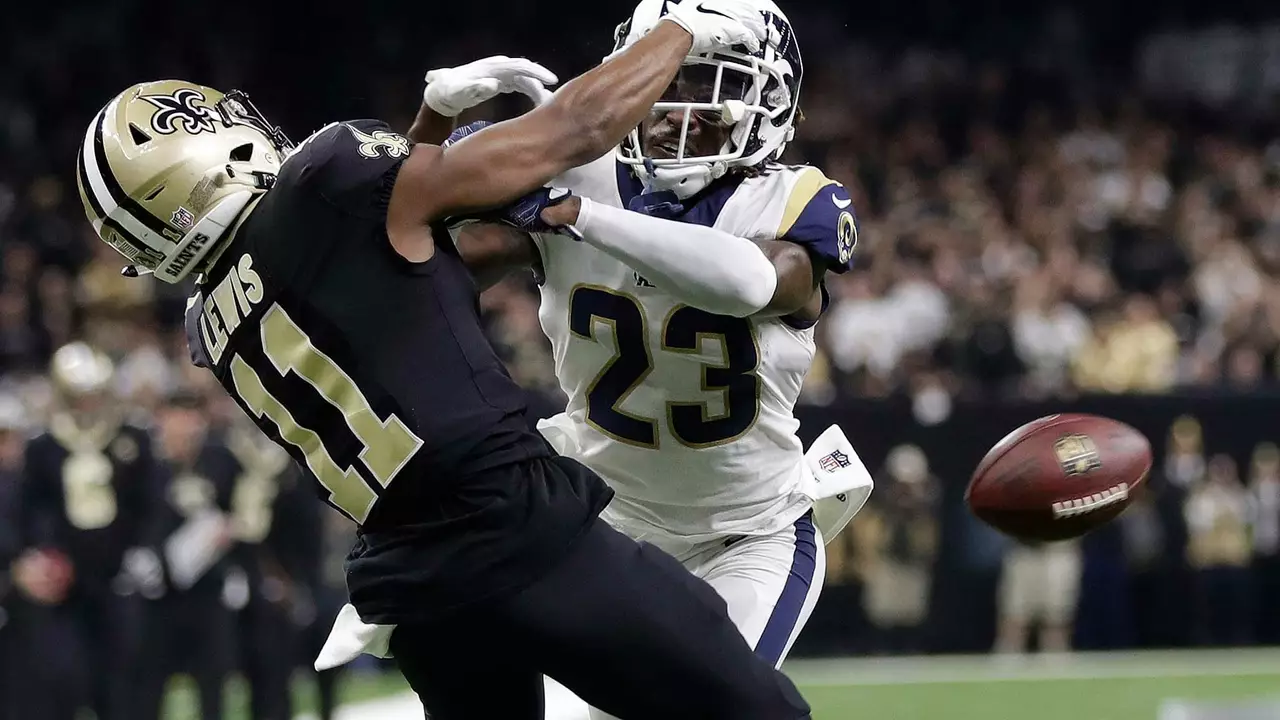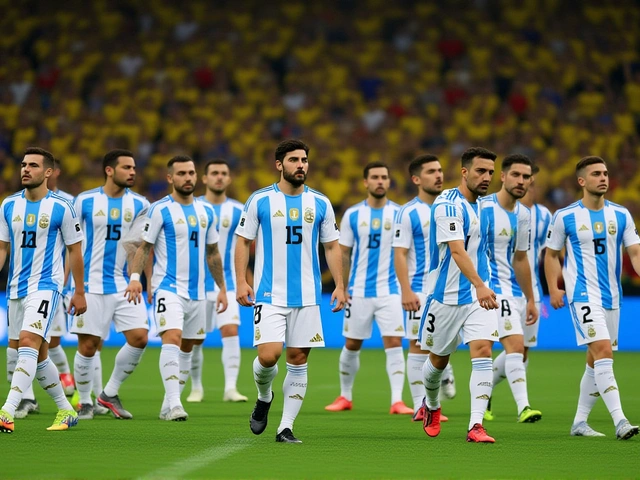 22
Jul,2023
22
Jul,2023
Understanding the Basics of NFL Games
Before we delve into the specifics of how a tie can occur in the NFL, it's important to understand the basics of how NFL games are structured. Each game consists of four 15-minute quarters, and the team with the most points at the end of the four quarters is declared the winner. However, if both teams have the same number of points at the end of the fourth quarter, the game goes into overtime.
The Overtime Rule in the NFL
The overtime rule in the NFL is where things can get a bit tricky, and it's where the possibility of a tie comes into play. If the game goes into overtime, a 10-minute sudden death period is played. The team that scores first in this period is declared the winner. However, if neither team scores in the 10-minute overtime period, the game ends in a tie.
Changes in Overtime Rules Over the Years
The overtime rules in the NFL have undergone several changes over the years. Prior to 1974, NFL games could end in a tie if neither team scored in four quarters. However, in 1974, the sudden death overtime rule was introduced to reduce the number of ties. In 2012, the rules were adjusted again to give both teams an opportunity to possess the ball in overtime, unless the team that receives the kickoff scores a touchdown on its first possession.
How Often Do Ties Occur in the NFL?
Even with the overtime rules, ties in the NFL are relatively rare. Since the introduction of the sudden death overtime rule in 1974, there have been fewer than 30 ties in the NFL. This is largely due to the fact that NFL games are high-scoring affairs, with teams often scoring multiple touchdowns and field goals in a single game.
Examples of Recent Ties in the NFL
Despite their rarity, ties do occasionally happen in the NFL. Some recent examples include the 2018 game between the Minnesota Vikings and Green Bay Packers, which ended in a 29-29 tie, and the 2016 game between the Seattle Seahawks and Arizona Cardinals, which ended in a 6-6 tie.
The Impact of a Tie on Team Standings
A tie in the NFL can have a significant impact on team standings. In the NFL, a win is worth two points, a loss is worth zero points, and a tie is worth one point. Therefore, a tie can be the difference between making the playoffs and missing out.
Player and Fan Reactions to Ties
Player and fan reactions to ties in the NFL are often mixed. Some players and fans view ties as better than losses, while others view them as missed opportunities for wins. Regardless of the perspective, ties in the NFL always lead to interesting discussions and debates among players, fans, and analysts.
Notable Controversies Surrounding Ties in the NFL
There have been a number of controversies surrounding ties in the NFL over the years. One of the most notable occurred in 2008, when the Philadelphia Eagles' quarterback Donovan McNabb admitted that he didn't know NFL games could end in a tie. This sparked a major debate about whether the NFL needs to do a better job of educating players about the rules of the game.
The Future of Ties in the NFL
While ties in the NFL are rare, they do add an extra layer of intrigue to the game. There has been some discussion about whether the NFL should eliminate ties altogether and keep playing until there is a winner, but for now, ties remain a part of the game. As a fan, it's important to understand how ties work in the NFL, as they can have a significant impact on team standings and playoff scenarios.




